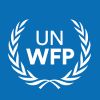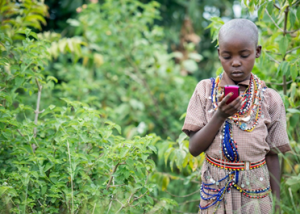Targeted crisis response in Haiti
Project description
Haiti has been in a state of transition and turmoil for several years now, since the assasination of Jovenel Moïse in 2021 and the earthquake which struck the country in August of the same year. There has been a great need for humanitarian aid in the country, especially in Port-au-Prince, and it has been especially difficult for humanitarian workers to enter or work given changing conditions on the ground.
In collaboration with the United Nations World Food Programme, along with researchers Travis Lybbert (UCSD) and Oscar Barriga-Cabanillas (World Bank), we are working to identify poor households in Port-au-Prince remotely, using mobile phone data. As in our collaboration with the Government of Togo in 2021, the team is using mobile phone data to predict household-level living standards quickly and inexpensively at scale, to enable the rapid deployment of humanitarian and emergency-response aid to the neediest households.
The team started by running a phone survey evaluating the standard of living of roughly 10,000 households in Port-au-Prince. Next, by matching results from that survey with mobile phone usage data obtained from Digicel, a mobile phone operator in Haiti, they are building models to predict the standard of living of households not included in the survey, using only their mobile phone usage data. They will carefully evaluate the accuracy of predictions produced by these models and share results with WFP and government decision makers, helping them to incorporate this new form of targeting into their toolkits.
Related Publications
- Aiken, E, Bellue, S, Karlan, D, Udry, C, and Blumenstock, JE (2022). Machine Learning and Phone Data Can Improve the Targeting of Humanitarian Aid, Nature, 603: 864-870 [pdf].
- Tai, XH, Mehra, S, and Blumenstock, JE (2022). Mobile Phone Data Reveal the Effects of Violence on Internal Displacement, Nature Human Behavior, Vol 6: 623-634 [pdf]






